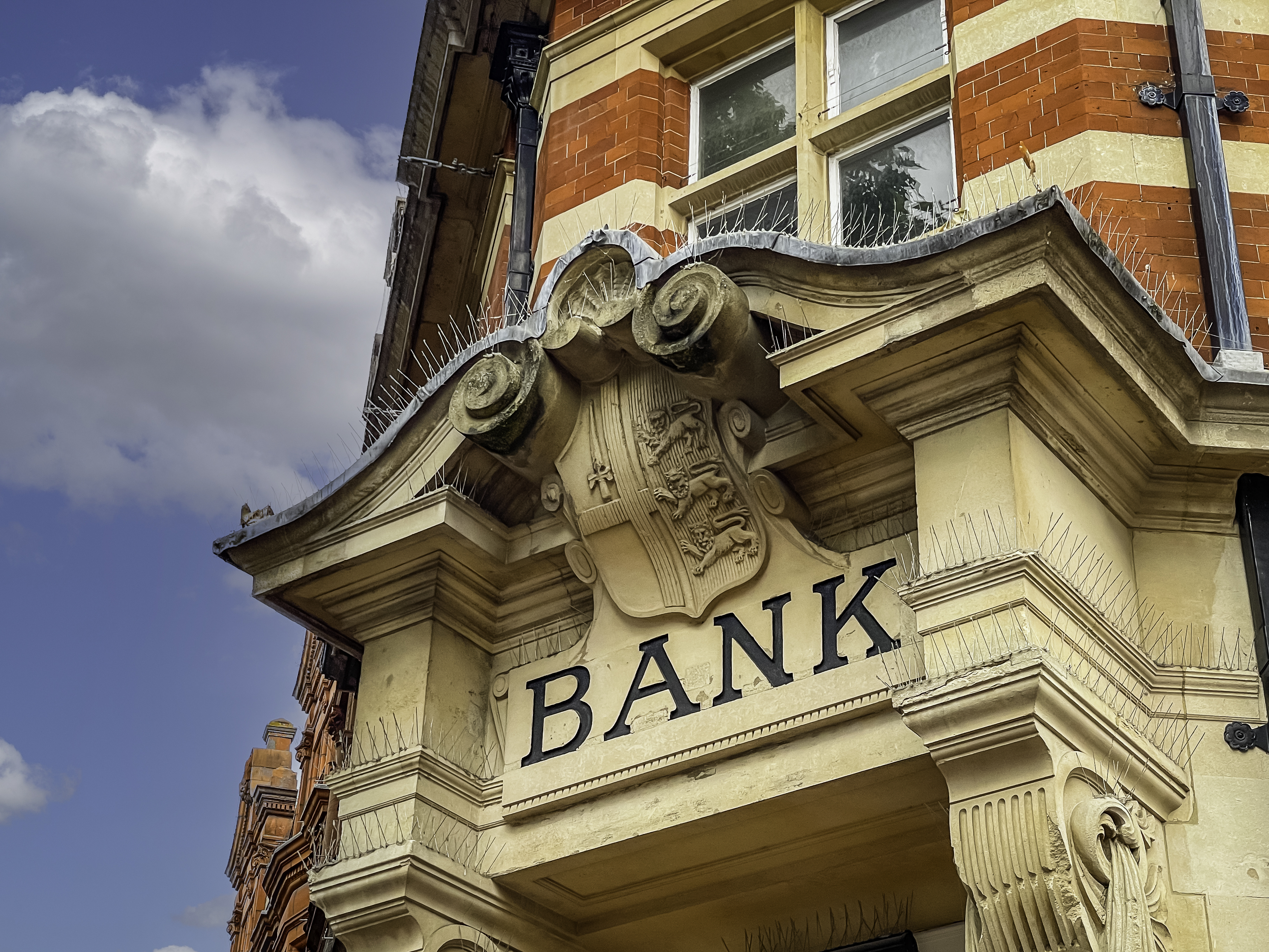Get the latest financial news, insights and expert analysis from our award-winning MoneyWeek team, to help you understand what really matters when it comes to your finances.
You are now subscribed
Your newsletter sign-up was successful
Want to add more newsletters?

Twice daily
MoneyWeek
Get the latest financial news, insights and expert analysis from our award-winning MoneyWeek team, to help you understand what really matters when it comes to your finances.

Four times a week
Look After My Bills
Sign up to our free money-saving newsletter, filled with the latest news and expert advice to help you find the best tips and deals for managing your bills. Start saving today!
Jes Staley, Barclays' chief executive, tried to unmask the identity of a whistleblower. Bad move, says Ben Judge.
Jes Staley, the chief executive of Barclays, is in trouble with both regulators and his own board after revelations that he broke rules designed to protect whistleblowers. Last year the bank received two anonymous letters raising "concerns of a personal nature" about a senior bank employee, Barclays said in a statement. The bank's recruitment process was also questioned.
Staley considered the letters an "unfair personal attack" on the senior employee and asked his information security team to unmask the authors, but was informed that this action was "not appropriate". Undeterred, in an "honestly held but mistaken belief that he had clearance", a month later he continued his quest, involving not only the bank's security team, but "a US law enforcement agency". The author of the letters was never found. Staley is now under investigation by the Financial Conduct Authority (FCA) and the Prudential Regulation Authority (PRA), has been reprimanded by the board, and will lose his bonus, which would have been around £1.3m.
MoneyWeek
Subscribe to MoneyWeek today and get your first six magazine issues absolutely FREE

Sign up to Money Morning
Don't miss the latest investment and personal finances news, market analysis, plus money-saving tips with our free twice-daily newsletter
Don't miss the latest investment and personal finances news, market analysis, plus money-saving tips with our free twice-daily newsletter
One interpretation of this is that "Jes Staley is the kind of stand-up guy you want as your boss", says Jim Armitage in the Evening Standard. "An old pal was being slandered and Staley wanted to know who on the payroll was doing the dirty. Good on him." If Staley had been "running a Catford chip shop", that might be fine. But he's not. "Barclays is one of the biggest companies in the world" and its 73,000 employees need to "know they are safe to speak up if they see or suspect wrongdoing or mistakes without being subject to a witch-hunt to uncover their identity". That's not just desirable, it's "a clear requirement City regulators repeatedly bang on about".
What's odd is that, having been told "no", Staley carried on, says Kadhim Shubber in the Financial Times. Perhaps he is hard of hearing. "Maybe he lacks impulse control, like a sugar-crazed toddler." Alternatively, "the man in charge of a systemically important bank has so little respect for whistleblowing that he tries to unmask people who make complaints he doesn't agree with".
Even if Staley survives, "this episode looks far murkier than the open-and-shut internal inquiry suggests", says Lionel Laurent on Bloomberg Gadfly. It goes "right to the heart of Barclays' internal culture, implying that staff are at risk of unfair treatment as a result of weak institutional processes". Staley "didn't just make an error of judgment". There was "an apparent breakdown of the constraints that ought to keep him in check". Both boss and bank still have "a lot of ground to cover".
Get the latest financial news, insights and expert analysis from our award-winning MoneyWeek team, to help you understand what really matters when it comes to your finances.

-
 Should you buy an active ETF?
Should you buy an active ETF?ETFs are often mischaracterised as passive products, but they can be a convenient way to add active management to your portfolio
-
 Power up your pension before 5 April – easy ways to save before the tax year end
Power up your pension before 5 April – easy ways to save before the tax year endWith the end of the tax year looming, pension savers currently have a window to review and maximise what’s going into their retirement funds – we look at how
-
 FCA tells banks to speed up savings rate increases
FCA tells banks to speed up savings rate increasesRecord profits and low savings rates spurred the FCA to meet with some of the UK’s top banks.
-
 The best ways to hire staff in these uncertain times
The best ways to hire staff in these uncertain timesAdvice Taking on permanent staff for your business comes with risks, but there are alternatives says David Prosser.
-
Money Minute Friday 25 October: Banking results and German sentiment
Features Today's Money Minute looks at third-quarter results from Barclays bank and advertising giant WPP, plus German consumer and business sentiment.
-
 Barclays is a strange beast – here's how to make it work
Barclays is a strange beast – here's how to make it workOpinion Barclays is a weird hybrid creature, says Matthew Lynn. But an activist-led shake-up could turn it into a decent bank.
-
 Barclays goes on trial
Barclays goes on trialFeatures Four former banking executives have been charged with fraud over the bailout of Barclays by Qatar in 2008. Will the trial really be in the public interest? Simon Wilson reports.
-
Is the gold market rigged?
Features Barclays has been fined £26m after one of its traders manipulated the gold fix. Is it time to overhaul the price-fix system and what are the alternatives? Simon Wilson investigates.
